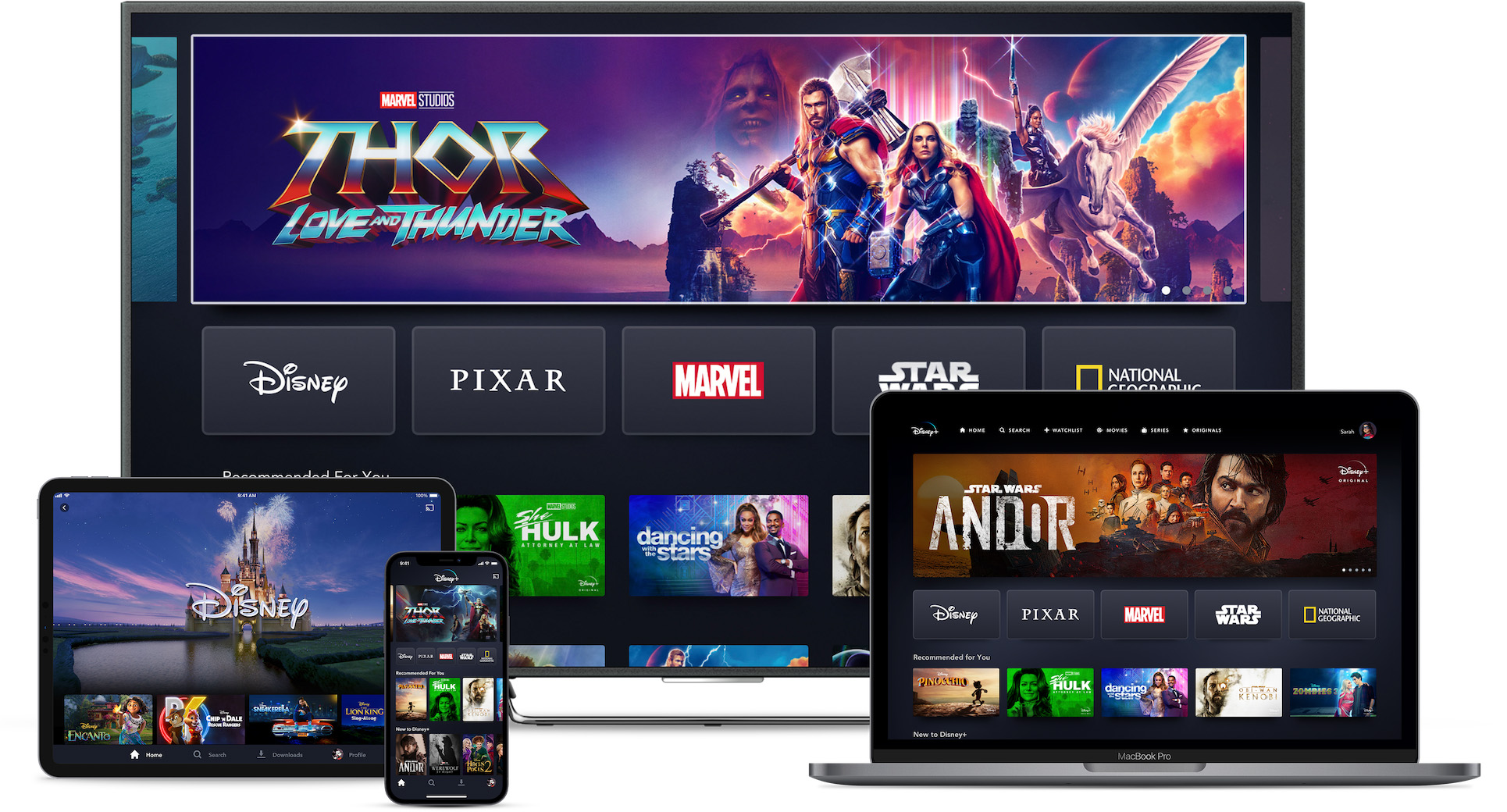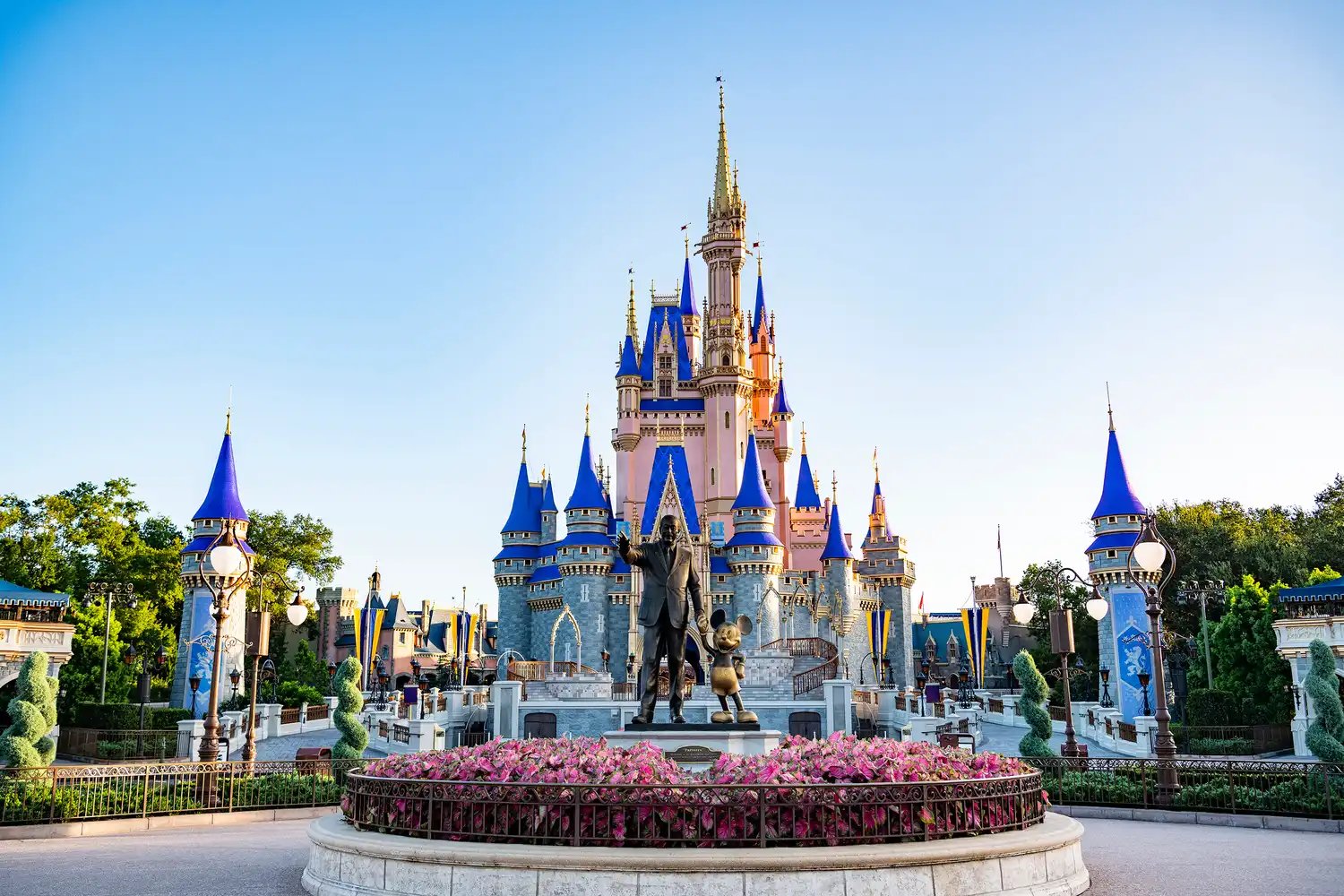When Walt Disney (DIS 0.54%) bought Marvel Entertainment for $4 billion in late 2009, the deal immediately raised questions about whether the media giant overpaid, or if it was taking on too much risk. With the benefit of hindsight, the answer is clear. More than a dozen years and 29 box office hits later, we know Disney made the deal of the century.
Yet even with all the successes of the Marvel Cinematic Universe (MCU), ticket sales for its more recent movies have been relatively lackluster in comparison to their predecessors. As a result, some are beginning to wonder whether the franchise is getting a little long in the tooth.
So does Disney have a Marvel problem? While that conclusion might seem obvious based on a cursory review of the data, a deeper dive suggests that the answer is more complicated.

NYSE: DIS
Key Data Points
A troubling trend for Marvel
Several recent installments in the ongoing MCU saga have had respectable (if unremarkable) runs at the box office., After about a month, Thor: Love and Thunder, its most recent release, has generated roughly $612 million worldwide thus far. The Eternals (released in November 2021) finished its theatrical run with $402 million, Shang-Chi and the Legend of the Ten Rings (September 2021) garnered $432 million, and Black Widow (June 2021) pulled in $380 million.
While those are certainly respectable takes, they lag far behind some of the MCU's other blockbusters. In fact, 10 of the franchise's 29 movies have generated worldwide box office of more than $1 billion apiece.
A look back at how Marvel got here
Before the MCU was the top-grossing franchise in box office history, its humble beginnings featured several second-tier comic book characters. The journey started with Iron Man, which created a great deal of excitement and $585 million in ticket sales. That film was followed in swift succession by The Incredible Hulk ($264 million), Iron Man 2 ($624 million), Thor ($449 million), and Captain America: The First Avenger ($371 million). It wasn't until The Avengers that the MCU hit it big, with ticket sales of $1.5 billion.
A review of the MCU's Phase One movies clearly shows that when the studio is introducing new characters, the movies tend to generate more modest numbers at the box office. In fact, four of the top-grossing Marvel movies have the word "Avengers" in the title. These include Avengers: Age of Ultron ($1.4 billion) and Avengers: Infinity War ($2 billion). The studio capped off a heroic 10-year run with Avengers: Endgame, which generated nearly $2.8 billion in ticket sales, making it the highest-grossing film of all time.
With many of its earliest characters having been put out to pasture, Marvel is back in the world-building and character-building phase -- introducing its next generation of heroes in preparation for the inevitable team-ups to come.
A peek into Marvel's future
Just last weekend at San Diego Comic-Con, Marvel head Kevin Feige -- the chief architect of the MCU -- laid out an ambitious timeline for the next generation of movies and streaming series, which will culminate in Avengers: The Kang Dynasty and Avengers: Secret Wars, currently scheduled to make their cinematic debuts in 2025.
There will be many new Marvel movies and streaming series on Disney+, with fresh heroes to introduce and superpowers to reveal before those saga-capping events unfold.
The MCU has been an unbridled success, generating more than $25 billion in box office for the House of Mouse, not to mention massive sales of merchandise based on the characters. Not every movie will break records for the media giant, but each one has the potential to introduce the next break-out Marvel star and lead inevitably to a call for the Avengers to save the world.
So no, I don't think Disney has a Marvel problem at all.





